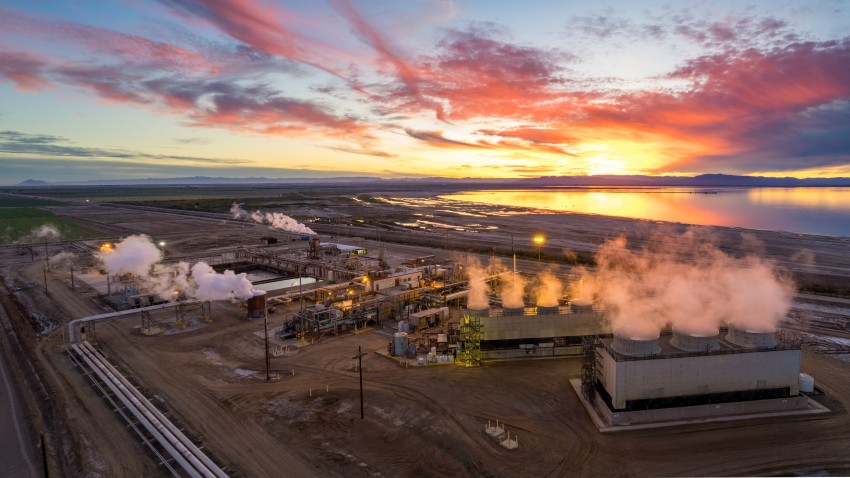
Don Turcotte, professor emeritus, tectonics pioneer, dies at 92
Don Turcotte, the former Maxwell Upson Professor of Engineering in the Department of Geological Sciences who brought his aeronautic research roots into pioneering collaborations in the study of mantle dynamics and plate tectonics, died Feb. 4 in Davis, California. Read more










